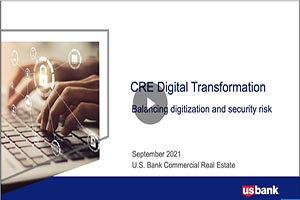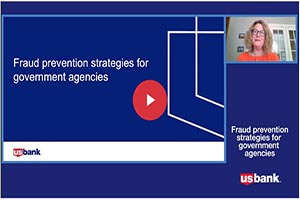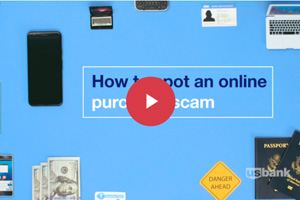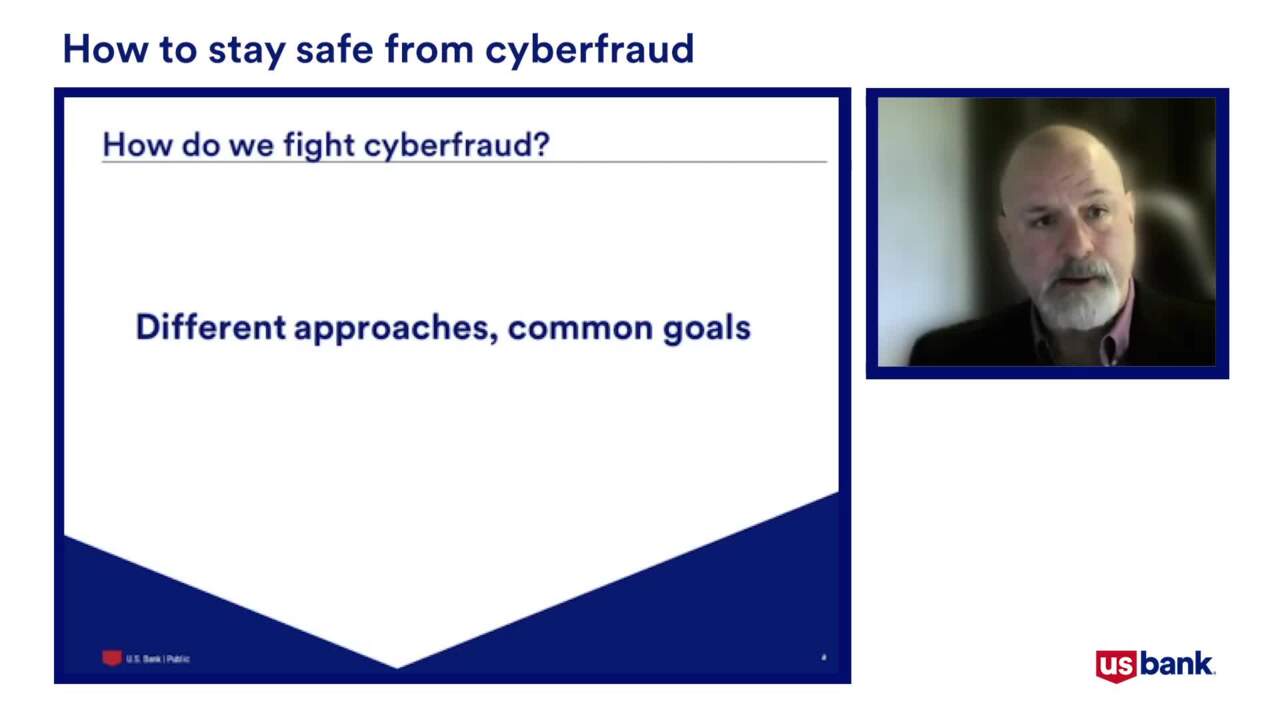College brings excitement and new experiences – and this time of life usually means living on a tight budget. This can make students vulnerable to scams. Learn to spot student scams and keep your money and identity safe.
After high school, you started college life, with all the possibilities that come with it. You likely secured student loans and arrived on campus ready for new challenges. Armed with your trusty smartphone, you download apps for your bank, rideshare services, entertainment, shopping and food. You increase your social media presence. You meet people. You’re in charge of your life. But unfortunately, there are scammers out there who are looking for opportunities to take advantage of students just like you.
Tech-savvy criminals and scammers can prey on students in need of money. Their actions appear in many forms. You may be approached in public or contacted by email, phone, mail or social media. Or you may perform an online purchase through a website or app and not receive items. To protect yourself, review these common scams that target students:
Employment offer scams
A job offer promises high pay, remote work options and flexible hours. To get the job, a candidate must complete and return forms that require personal information. They may also be required to purchase job-related equipment with money from a fake check sent by the fraudulent company. But the job offer is not legitimate, and the candidate has unwittingly handed over their personal information or money to scammers.
Online purchase scams
A buyer makes a purchase online from an individual seller or unfamiliar company, but the item never arrives. Or in other cases, an honest person sells an item online and ships it, but the check received for payment is fake.
Fake check or money order scams
A “check” is sent to a consumer that contains an “accidental overpayment,” additional funds or other overage. The scammer asks the consumer to wire back the excess money. The check appears real and clears through a bank, so the consumer thinks it is okay to withdraw funds. Weeks later, the bank discovers the check is phony. The consumer now owes the withdrawn funds to the bank.
Great apartment deal scams
Students see an affordable, conveniently located apartment close to campus, which sounds like a great rental deal. But the students end up giving out their personal information or money for a deposit to a landlord (the scammer) before seeing the apartment. The scammer keeps the money and uses their information for identity theft.
Scholarship and grant scams
Students receive phone calls from companies guaranteeing they can help the students reduce loan payments or acquire a hefty grant. The student shares personal and financial information with the companies. (A tip for students to prevent this kind of scam: Searching the “company” online could bring up scam alerts from other victims. Students should contact the school’s financial aid office for advice on the company’s legitimacy or how the school can help with other resources.)
Student loan change in payment option scams
Scammers call students about federal student loans and discuss their repayment options with new changes that have taken effect. They even give a student code to reference for the call-back number. Students then share personal and financial information, convinced the scam is legitimate.
Fraud claim scams
A fraudster convinces a student to sell their ATM cards and passwords and participate in a scheme that could result in the student ending up in legal and financial trouble. After gaining access to the student’s bank accounts, the fraudster makes both large ATM cash deposits and several debit card purchases, intentionally draining the funds. The student is then told to file a fraud claim by the fraudster on the purchases. When the student receives the credit from the claim, they withdraw the cash and likely give some money back to the fraudster. The student may not realize that this is an illegal act that could result in legal consequences for both the student and the fraudster, including the possibility of jail time and/or financial penalties.
Romance scams
A scammer connects with a student via a dating app and tricks the student into believing that a romantic relationship is developing. Though they may not meet in person, the student begins to believe that they are in a serious relationship after exchanging messages online. The scammer then convinces the student to send them money or share personal account information, which could be used to compromise the student's bank accounts.
Tips for avoiding potential scams
If an offer seems too good to be true, it probably is. It’s always wise to be cautious and take steps to check it out before acting. Here are some pointers to help you avoid scams.
- Don’t give out personal or financial information, usernames or passwords.
- Use secure passwords for mobile and online banking, bill-pay systems and websites or apps that house your credit card information.
- Set up mobile and online alert notifications for banking transactions or credit card use.
- If something seems suspicious, speak to trusted advisors like your parents, counselors and adult leaders.
- Research companies, charities and organizations online before conducting business with them.
- Contact your college’s financial aid office with any questions or concerns about loans.
- Contact your bank if you have any questions about managing your money and keeping your accounts safe.
How to report identity and money theft
If you believe you're a victim of identity or money theft, report it right away. Here’s a guide for some key steps you can take to report identity theft to the companies, agencies and authorities who need to know.
Here are more tips for helping to keep yourself safe from fraud as you continue with your college career and beyond.




























































































